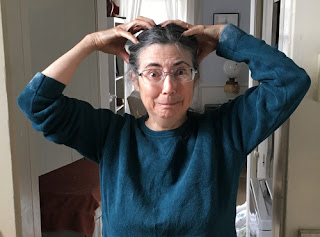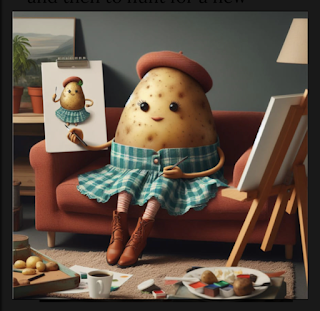Telling People I Have Parkinson's.
The first time I called, the Parkinson Foundation Helpline, Linda, at the helpline, had spoken of being careful who you told. That people had limited ideas about Parkinson's and they are often negative. That there are many hopeful things going on with research and new ideas for coping but most people don't know that. At the time I didn't think about what she said.
Yesterday, I told a friend. She had known 2 people in the past with Parkinson's and had sad feelings about them and their experience. Her recounting of their stories was not good for her or me.
Last night I thought about why I told anyone about it. What did I want from letting them know? Not sympathy and not to make them feel bad. I'd done that once already to an acquaintance who I saw the day after I got my diagnosis. She asked how I was doing and I told her. I saw her not know what to do or say. I felt bad for having told her. She was gobsmacked!
So why tell anyone? I think I want to tell people to have a connection. So they know what is going on in my life. Because even though I've been told or read the expression “You are not the disease,” it has a pretty big impact on your life.
One joyful moment came out of these musings, I realized that I wouldn't trade my life for anyone else’s.
That was a wonderful thought and made me very happy.
Cheers,
Nancy



I'm a strong believer in the value of "connection." Thanks for sharing.
ReplyDelete